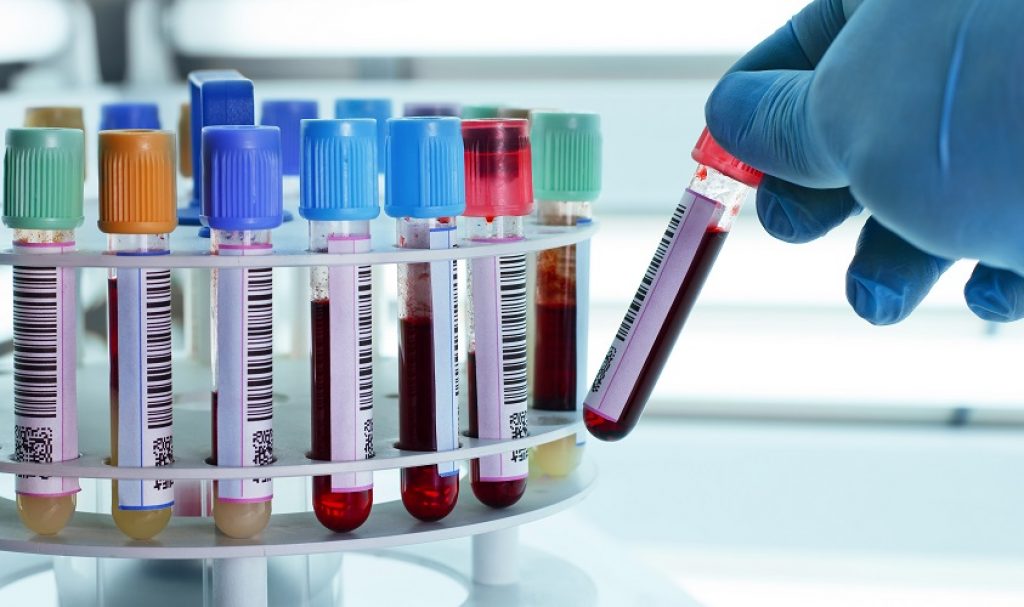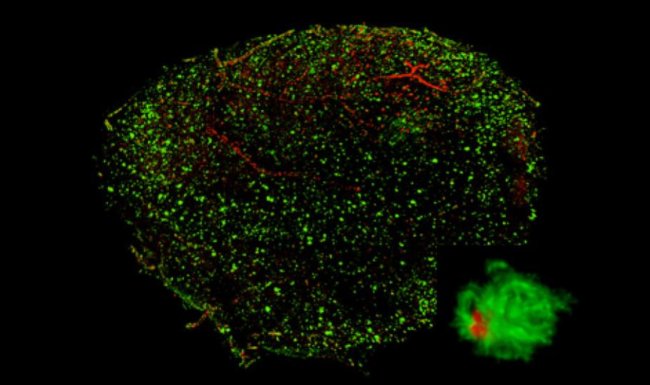
AsianScientist (Mar. 15, 2018) – Scientists in Japan and Australia have developed a blood test for Alzheimer’s disease, which could speed up the pace of Alzheimer’s disease drug trials. Their findings are published in Nature.
One of the essential hallmarks of Alzheimer’s disease is the buildup of an abnormal peptide, called beta-amyloid, in the brain. The process starts silently about 30 years before any outward signs of dementia. Current tests for beta-amyloid are expensive, invasive and include brain scans with radioactive tracers.
Alternatively, doctors and researchers analyze spinal fluid taken via a lumbar puncture. However, the diagnosis of Alzheimer’s disease is usually made without these tools. Instead, disease onset and severity are assessed by a patient’s range of symptoms.
To improve diagnostic accuracy, researchers led by Professor Colin Masters of the Florey Institute of Neuroscience and Mental Health and The University of Melbourne, Australia, have devised a blood test to measure a specific peptide associated with Alzheimer’s disease.
The test involved a key technology known as immunoprecipitation and mass spectrometry, or IP-MS, developed by Dr. Koichi Tanaka, who won the Nobel Prize in 2002 for the technique. Tanaka now works with Shimadzu Corporation in Japan.
“From a tiny blood sample, our method can measure several amyloid-related proteins, even though their concentration is extremely low,” said Tanaka.
Blood samples from patients in a large study by the Japanese National Center for Geriatrics and Gerontology (NCGG) were analyzed to identify the relevant peptides. The peptide combinations indicating brain beta-amyloid burden were then tested against patient samples from the Australian Imaging, Biomarker and Lifestyle Study of Aging.
The researchers found that the ratio of these proteins was an accurate surrogate for brain amyloid burden, and their test was able to inform scientists with 90 percent accuracy whether a patient has the very earliest stages of Alzheimer’s disease.
“This new test has the potential to eventually disrupt the expensive and invasive scanning and spinal fluid technologies,” said Masters. “In the first instance, however, it will be an invaluable tool in increasing the speed of screening potential patients for new drug trials.”
“Our study demonstrates the high accuracy, reliability and reproducibility of this blood test, as it was successfully validated in two independent large datasets from Japan and Australia,” said the leader of the Japanese team, NCGG Professor Katsuhiko Yanagisawa.
The article can be found at: Nakamura et al. (2018) High Performance Plasma Amyloid-β Biomarkers for Alzheimer’s Disease.
———
Source: National Center for Geriatrics and Gerontology; Photo: Shutterstock.
Disclaimer: This article does not necessarily reflect the views of AsianScientist or its staff.












